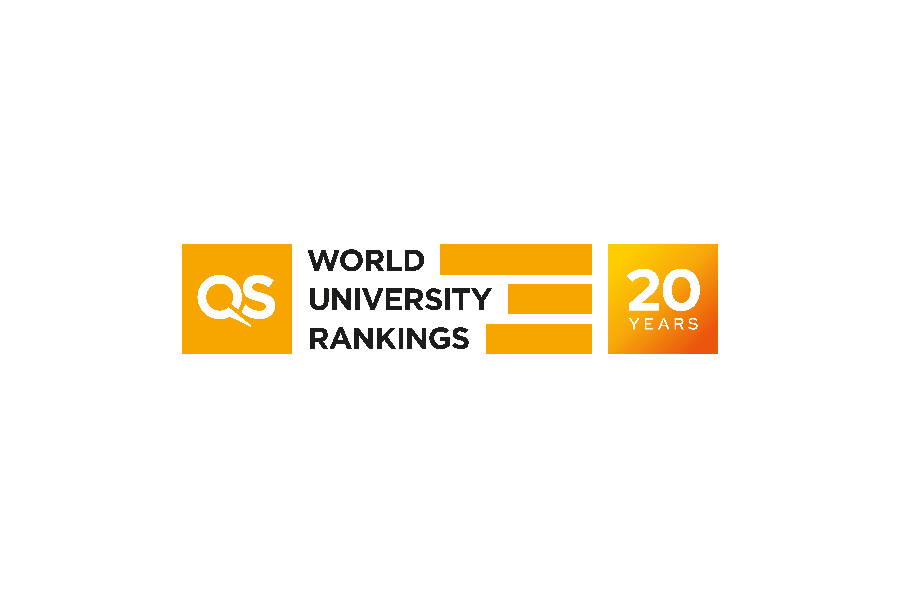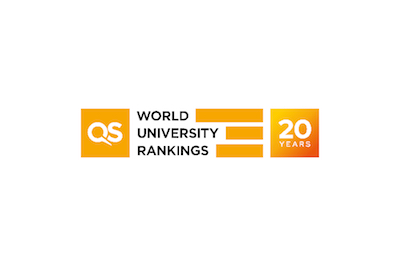QS World University Rankings 2024: Top global universities
by StudyMalaysia.com on September 4, 2023 | Top Stories

The 20th edition of the QS World University Rankings features 1,500 institutions across 104 locations and is the only ranking of its kind to emphasise employability and sustainability.
This is an annual publication of university rankings which takes into consideration the global overall and subject rankings for each university. The rankings help students identify universities that are highly regarded by companies and other academics. Graduates of these universities are normally highly marketable and are well-paid. The QS World University Rankings have become the most widely used basis for comparing universities across the world. QS professes to provide students with an independent, objective data tool to choose the right university.
Quacquarelli Symonds is a British company specialising in the analysis of higher education institutions around the world. It is the world’s largest international higher education network connecting universities, business schools and students. Its mission is to empower students across the world to fulfil their potential through educational achievement, international mobility and career development. QS enables millions of students to connect with leading universities globally and receive expert counselling to achieve their educational objectives. Its insights and expertise generated through its global network of employers, academics and prospective students enable universities in the improvement of their universities.
QS’ roles include
- student recruitment support
- providing services to universities to achieve their strategic goals
- improving the reputation and awareness of universities
Students consider many factors when deciding on which university to choose for their study abroad. University ranking is one of the most important factors for most students. Rankings by different bodies, however, are not consistent as they judge universities using different criteria. The metrics employed by QS in its survey provide a reliable and comprehensive coverage regarding the quality of the universities.
The following metrics are used in the QS Rankings:
- Academic Reputation (survey of more than 94,000 academics - who else besides academics are in a better position to give their informed view of which institutions excel in which disciplines.)
- Citations per faculty (the greater the number of citations shows that the institutions are publishing top quality journals)
- Student-to-faculty ratio (the number of academic staff relative to the number of students enrolled shows whether the institution is adequately funded and thus provides better facilities)
- Employer Reputation Survey (survey of about 45,000 graduate employers to find out which institutions supply the best graduates for the workplace)
- International faculty ratio (indicates how the university can attract foreign students and staff from all over the world)
- International student ratio (provides students with a diverse experience on campus)
Three new metrics have been added to make the results of the survey more relevant to today’s world.
- Sustainability (indicates the role the institutions play in driving change towards a more sustainable future for the world.)
- Employment outcomes (for all who seek higher education the factor of employability cannot be underrated)
- International research network (this metric indicates how well the institutions are connected to others around the world and how much of collaborative research they do)
Results are based on extensive academic papers and expert opinions of over 240,000 academics and employers.
The following are the Top 15 universities according to the QS Survey 2024:
- Massachusetts Institute of Technology (MIT) United States
- University of Cambridge, United Kingdom
- University of Oxford, United Kingdom
- Harvard University, United States
- Stanford University, United States
- Imperial College London, United Kingdom
- ETH Zurich, Switzerland
- National University of Singapore, Singapore
- UCL London, United Kingdom
- University of California, Unity States
- University of Chicago, United States
- University of Pennsylvania, United States
- Cornell University, United States
- The University of Melbourne, Australia
- California Institute of Technology (Caltech), United States
Malaysia’s Universiti Malaya (UM) for the sixth consecutive years is Malaysia’s top university in the QS World University Rankings 2024. It is listed among the top 100 globally in the 65th spot. Coming in second in Malaysia is Universiti Sains Malaysia (USM) which is ranked 137th in the world. Universiti Putra Malaysia (UPM) is at 158th, Universiti Kebangsaan Malaysia (UKM) at 159th and Universiti Teknologi Malaysia at 188th.
In conclusion, university rankings are an important aspect of the academic world. They provide a tool for students to compare universities, inform educators and researchers about the institutions making the most contributions and help policymakers evaluate the performance of universities.
- https://en.m.wikipedia.org
- https://www.linked com
- https://strategy.um.edu.my
- https://www.topuniversities.com
You May Also Be Interested In...
QS World University Rankings 2024: Top global universities
![QS World University Rankings 2024: Top global universities - StudyMalaysia.com]() The 20th edition of the QS World University Rankings features 1,500 in...
The 20th edition of the QS World University Rankings features 1,500 in...Financial Advice for Fresh Graduates
![Financial Advice for Fresh Graduates - StudyMalaysia.com]() You’ve just graduated and you’re about to embark on the world of a...
You’ve just graduated and you’re about to embark on the world of a...School closure and public exams 2020 - what you need to know
![School closure and public exams 2020 - what you need to know - StudyMalaysia.com]() In response to the current challenges of Covid-19 in the country, the ...
In response to the current challenges of Covid-19 in the country, the ...Four JPA Scholarships to Continue for 2016
![Four JPA Scholarships to Continue for 2016 - StudyMalaysia.com]() Based on the Budget 2016 revision that was announced by Prime Minister...
Based on the Budget 2016 revision that was announced by Prime Minister...�Facts about Business Degrees you need to know
![�Facts about Business Degrees you need to know - StudyMalaysia.com]() Let's get down to business! A business degree is the most popular...
Let's get down to business! A business degree is the most popular...A favourite with a twist! Daging Masak Hitam with Bamboo Shoot
![A favourite with a twist! Daging Masak Hitam with Bamboo Shoot - StudyMalaysia.com]() Daging Masak Hitam is a popular dish to serve at almost any sort of fa...
Daging Masak Hitam is a popular dish to serve at almost any sort of fa...





























